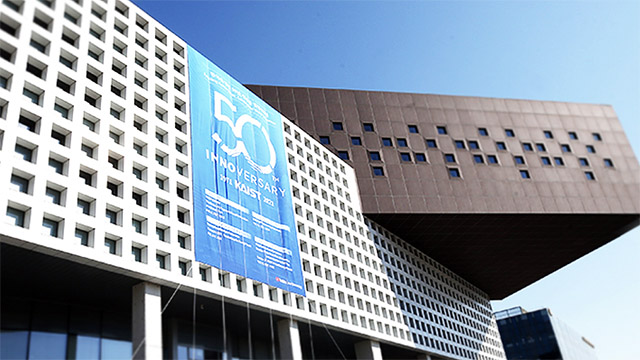Northwestern University President Morton Schapiro participated in the virtual celebration of the 50th “Innoversary” of the Korea Advanced Institute of Science and Technology (KAIST) on Feb. 3.
President Schapiro, who serves on the President’s Advisory Council of KAIST, was one of four keynote speakers who offered views on the roles and responsibilities of universities in confronting global challenges.
In his address, Schapiro discussed how universities can incorporate lessons learned from the pandemic to advance research, teaching, and public service in the “new normal.”
“We are not going to solve COVID-19 and we are not going to solve the great global problems unless we are willing to bite the bullet and break down disciplinary boundaries,” Schapiro argued.
“Interdisciplinary research and the translation of science are crucial going forward — whether it's dealing with income and wealth inequality, climate change, or the pandemic.” Schapiro explained that while basic science is needed to develop vaccines, social science is needed to “sell” the safety of vaccines.
Teach creativity, resilience and empathy
Schapiro, a labor economist who is among the United States’ leading authorities on the economics of higher education, also said he is concerned about the implications of the fourth industrial revolution — in particular the changing labor market needs resulting from the switch to automation and artificial intelligence. “Universities can’t always ensure that the jobs students enter college for will still exist when they graduate—but what we can do,” Schapiro said, is “teach creativity, resilience, and empathy.”
For students wanting to go abroad and looking into global careers, he advised taking language, culture, and history classes, instead of solely focusing on their majors.
Following the keynote address, Schapiro joined a panel discussion with KAIST President Sung-Chul Shin, Massachusetts Institute of Technology President L. Rafael Reif, and Tokyo Institute of Technology President Kazuya Masu. The university leaders discussed pressing issues of digital divide and emerging challenges in artificial intelligence, as well as how social entrepreneurship and university-industry collaborations can lead the way to addressing the world’s global problems.
Relations with KAIST
Northwestern has a strong relationship with KAIST. In 2016, the Northwestern Pritzker School of Law signed a memorandum of understanding for an Executive LLM and Masters of Intellectual Property dual degree program, which was renewed in 2019. In 2017, the McCormick School of Engineering entered into an agreement with KAIST to collaborate in the area of Materials Science.
KAIST’s President Sung-Chul Shin received a Ph.D. in Materials Science and Engineering from Northwestern in 1984. In May 2019, President Shin visited Northwestern and received the Distinguished Career Achievement Award for Alumni of Materials Science and Engineering, in recognition of his contributions to the field of magnetic materials.
In his address during the Summit, Schapiro remarked: “I had the great honor to award him one of our distinguished alumni achievement awards just a year and a half ago — so KAIST is near and dear to my heart.”
- Janka Pieper is the director of communications in the Office of International Relations.


